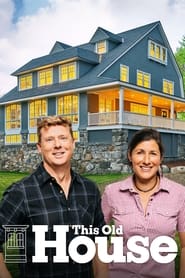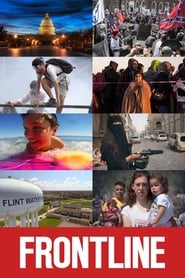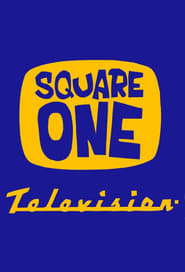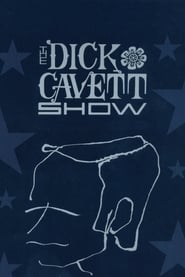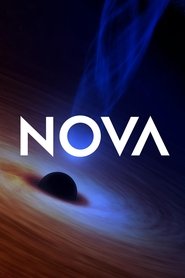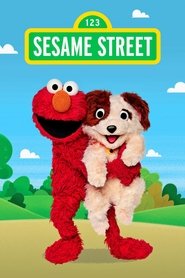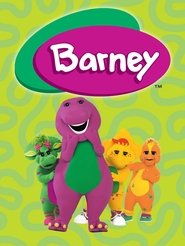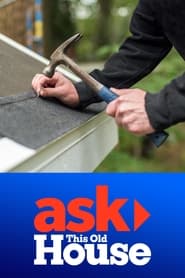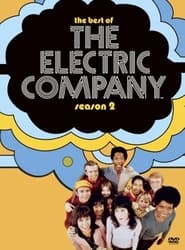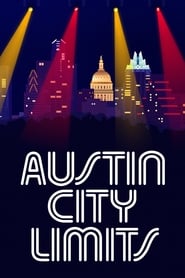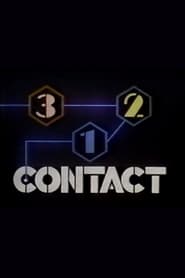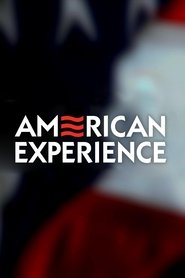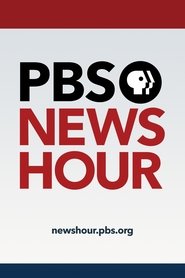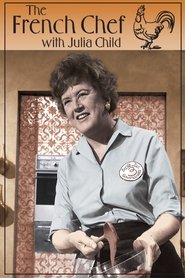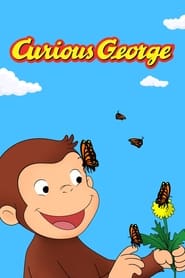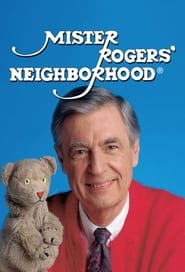Pbs TV Series
-
This Old House
1979
star 5.2TV's original home-improvement show, following one whole-house renovation over several episodes. -
Frontline
1983
star 7.5Since it began in 1983, Frontline has been airing public-affairs documentaries that explore a wide scope of the complex human experience. Frontline's goal is to extend the impact of the documentary beyond its initial broadcast by serving as a catalyst for change. -
Square One Television
1987
star 4.6Square One Television is an American children's television program produced by the Children's Television Workshop to teach mathematics and abstract mathematical concepts to young viewers. Created and broadcast by PBS in the United States from January 26, 1987 to November 6, 1992, the show was intended to address the math crisis among American schoolchildren. After the last episode aired, the show went into reruns until May 6, 1994. The show was revived for the 1995–1996 PBS season as a teacher instruction program, Square One TV Math Talk. Square One was also shown on the U.S. cable television channel Noggin in syndication beginning in 1999, but was removed from its lineup along with other Sesame Workshop shows on May 26, 2003. -
The Dick Cavett Show
1968
star 6.6The Dick Cavett Show has been the title of several talk shows hosted by Dick Cavett on various television networks. -
NOVA
1974
star 6.9PBS' premier science series helps viewers of all ages explore the science behind the headlines. Along the way, NOVA demystifies science and technology, and highlights the people involved in scientific pursuits. -
Firing Line with Margaret Hoover
2018
star 7.5Join author, activist and commentator Margaret Hoover for a public affairs talk show that delivers a civil and engaging contest of ideas among the brightest minds and voices from across the ideological spectrum. -
PBS News Weekend
2013
star 4.8A summary of the day’s national and international news, using renowned experts to provide in-depth analysis. Each weekend broadcast contains original, in-depth field reporting on topics including education, healthcare, the economy, energy, science and technology, religion, finance and the arts. -
Sesame Street
1969
star 7.1On a special inner city street, the inhabitants—human and muppet—teach preschoolers basic educational and social concepts using comedy, cartoons, games, and songs. -
Barney & Friends
1992
star 5.5Barney & Friends is an American children's television series aimed at children from ages 2 to 5. The series, which first aired on April 6, 1992, features the title character Barney, a purple anthropomorphic Tyrannosaurus rex who conveys educational messages through songs and small dance routines with a friendly, optimistic attitude. -
Ask This Old House
2002
star 4The crew at This Old House take on some pretty big projects, which means they can only work on one or two houses a year. But homeowners have a virtual truckload of questions on smaller projects, and the This Old House crew is ready to answer. Ask This Old House solves the steady stream of home improvement problems faced by viewers - and the crew even makes house calls! -
The Electric Company
1971
star 7.1The Electric Company is an educational American children's television series that was produced by the Children's Television Workshop for PBS in the United States. PBS broadcast 780 episodes over the course of its six seasons from October 25, 1971 to April 15, 1977. After it ceased production that year, the program continued in reruns from 1977 to 1985, the result of a decision made in 1975 to produce two final seasons for perpetual use. CTW produced the show at Teletape Studios Second Stage in Manhattan, the first home of Sesame Street. The Electric Company employed sketch comedy and other devices to provide an entertaining program to help elementary school children develop their grammar and reading skills. It was intended for children who had graduated from CTW's flagship program, Sesame Street. Appropriately, the humor was more mature than what was seen there. -
Austin City Limits
1975
star 6.2Now the longest-running music series in American television history, ACL showcases popular music legends and innovators from every genre. -
3-2-1 Contact
1980
star 6.93-2-1 Contact is an American science educational television show that aired on PBS from 1980 to 1988, and an adjoining children's magazine. The show, a production of the Children's Television Workshop, teaches scientific principles and their applications. Dr. Edward G. Atkins, who was responsible for much of the scientific content of the show, felt that the TV program wouldn't replace a classroom but would open the viewers to ask questions about the scientific purpose of things. -
MotorWeek
1981
star 3This award-winning weekly automotive magazine provides unbiased, consumer-oriented car news with feature stories on related topics. -
American Experience
1988
star 7.4TV's most-watched history series brings to life the compelling stories from our past that inform our understanding of the world today. -
PBS News Hour
1975
star 5.5America's first and longest running hour-long nightly news broadcast known for its in-depth coverage of issues and current events. -
The French Chef
1963
star 7One of the first cooking shows on American television, created and hosted by Julia Child on public television to introduce the French way of cooking. It emphasized fresh ingredients, many of which were unfamiliar to Americans. Based on the books she co-authored, entitled Mastering the Art of French Cooking. -
Great Performances
1971
star 5.4The best in the performing arts from across America and around the world including a diverse programming portfolio of classical music, opera, popular song, musical theater, dance, drama, and performance documentaries. -
Curious George
2006
star 7.1With the help of his friend “The Man in the Yellow Hat,” a curious little monkey named George sets out on adventures to learn about the world around him. -
Mister Rogers' Neighborhood
1968
star 5.8Mister Rogers' Neighborhood is an American children's television series that was created and hosted by namesake Fred Rogers. The series originated in 1963 as Misterogers on CBC Television, and was later debuted in 1966 as Misterogers' Neighborhood on the regional Eastern Educational Network, followed by its US network debut on February 19, 1968, and it aired on NET and its successor, PBS, until August 31, 2001. The series is aimed primarily at preschool ages 2 to 5, but has been stated by PBS as "appropriate for all ages". Mister Rogers' Neighborhood was produced by Pittsburgh, Pennsylvania, USA public broadcaster WQED and Rogers' non-profit production company Family Communications, Inc.; previously known as Small World Enterprises prior to 1971, the company was renamed The Fred Rogers Company after Rogers' death.
